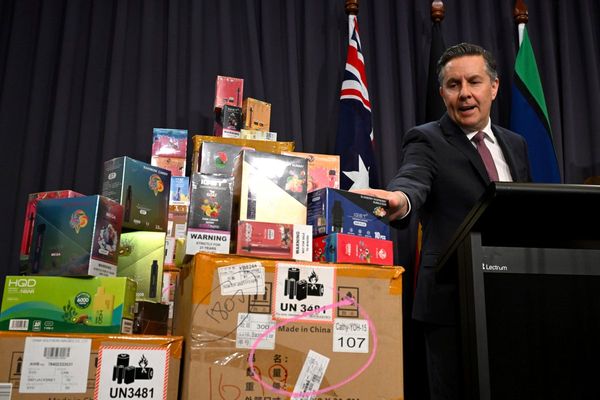
New Delhi: German personal care company Sebamed’s recent claims over Hindustan Unilever Ltd’s (HUL) soap brands lacking optimal pH level is unlikely to have long-term impact on the latter’s soaps portfolio as high-entry barriers in distribution and sustained advertising over a long term is key to building the soaps portfolio in India, brokerage firm Edelweiss said.
Hindustan Unilever with its soap brands Lifebuoy, Lux, Dove, Pears etc dominates body soaps market in India with a 40% market share. “We do not see any significant long-term impact of Sebamed’s recent aggression on HUL’s soaps in general and Dove in particular. As per our discussion with other industry players, including GCPL, the recent pH issue will not have any significant impact on the industry. FMCG needs sustained advertising, not just a few bursts and takes many years to create a brand pull," according to note by brokerage Edelweiss released on Wednesday.
Also Read | How citizen data led India’s covid battle
Earlier this year, Sebamed’s allegedly disparaging advertisements comparing beauty soaps Lux and Dove to detergent brand Rin caused a rift between it and the country’s top fast-moving consumer products company. Sebamed ads claimed that its cleansing bar had the perfect pH 5.5 for sensitive skin.
The two are currently involved in a legal tussle.
In January, Sebamed tweaked its ads that alleged high acidic content in HUL's soaps Dove and Lux, following a restraining order by the Bombay high court.
Price and distribution continue to determine most consumer purchases in India and mass-market players are likely to benefit in the long-term with better market share gains.
Sebamed’s premium price points makes it a relatively small player in the soaps market when compared to more mass-market beauty soap brands in the country. In a January interview with Mint, Sebamed said it was looking to expand its reach by launching smaller stock-keeping units and improving its distribution network in India.
Soaps have high loyalty in personal care, high entry barriers to distribution and advertising budgets, Edelweiss said in its note. Besides, pricing of Dove soaps is much lower than that of Sebamed’s. In India, value proposition is paramount—even in premium-end and most Indians are likely to find Sebamed overly expensive, Edelweiss added.
More urban consumers, however, could be drawn to premium brands with claims of improving overall skin quality, especially in a slightly less competitive pricey end of the market. “This issue at hand may lead to better awareness of Sebamed among a section of consumers and retailers..." the note said.







